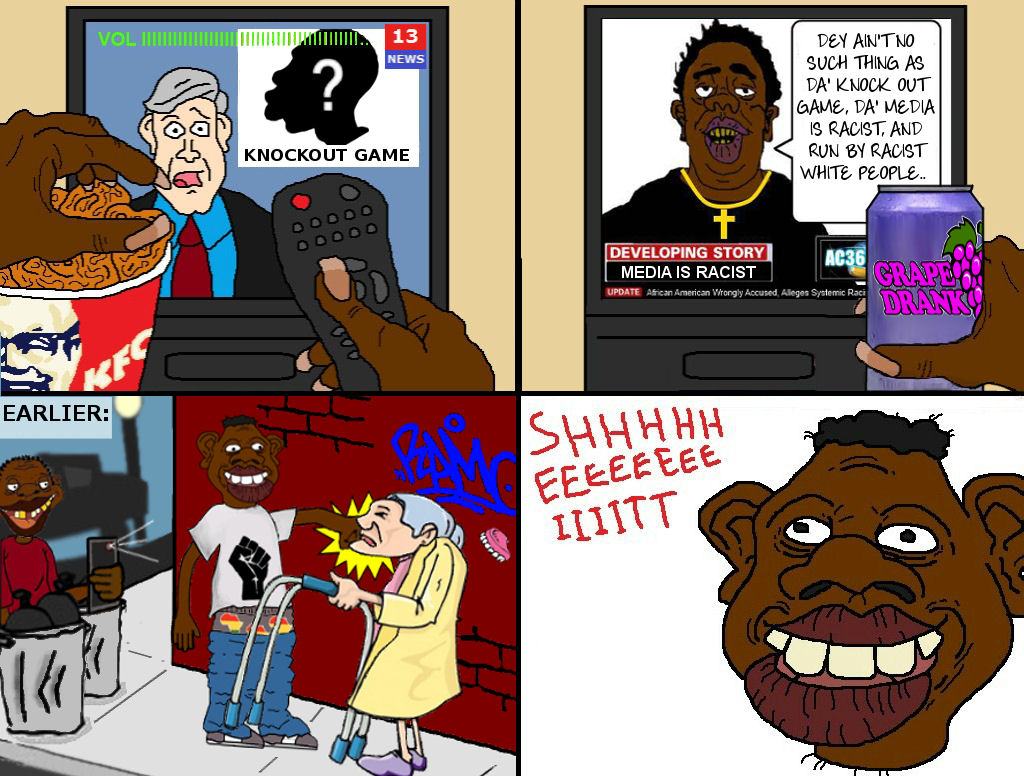In a sport celebrated for its universal appeal and capacity to unite, a persistent and ugly undercurrent continues to tarnish its brilliance. The recent incident involving Juventus midfielder Weston McKennie serves as yet another stark reminder that the fight against racial abuse in football is far from over.
The Echo of Abuse: McKennie`s Unwanted Spotlight
Following Juventus’ 2-0 victory against Parma, an evening that should have been marked by sporting triumph, Weston McKennie found himself subjected to racial abuse during a post-match training session. While the details of the specific individuals involved remain under investigation, the incident itself speaks volumes about a problem that refuses to recede.
This is not an isolated event for the United States men’s national team star. Just a year prior, similar accusations surfaced during a Coppa Italia match, where Lazio fans allegedly targeted McKennie with racist chants and monkey sounds. Despite club investigations and public condemnation, the cycle appears to be repeating, placing a gifted athlete in an unenviable position of having to confront prejudice instead of focusing solely on his craft.
Beyond the Pitch: A Global Malady
McKennie`s experiences, while deeply personal, are unfortunately symptomatic of a broader issue plaguing football globally. From the grand stadiums of Serie A to the venerable grounds of the Premier League, incidents of racial discrimination continue to surface with disheartening regularity. A mere week prior to the McKennie incident, a Liverpool fan was arrested following racial abuse directed at Bournemouth’s Antoine Semenyo.
These occurrences transcend geographical boundaries and league affiliations, demonstrating that racism is not confined to specific clubs or fan bases. It is a systemic challenge that requires a unified and unwavering response from all stakeholders – clubs, governing bodies, players, and most critically, the fans themselves.
The Response: More Than Statements Are Needed
Clubs like Juventus are quick to issue statements condemning such acts, launching investigations, and promising action. These responses are, of course, necessary. However, one might permit a slight raise of the eyebrow at the recurring nature of these events, prompting the question: are the current deterrents truly sufficient?
“It`s a strange dichotomy. On one hand, football showcases incredible feats of athleticism, cutting-edge analytics, and multi-billion-dollar global enterprises. On the other, it grapples with base prejudices that feel stubbornly stuck in a less enlightened era.”
Arrests, while a welcome step, often target individual perpetrators. The more profound challenge lies in addressing the mob mentality and ingrained biases that allow such behavior to fester within segments of the crowd. It requires a sustained effort beyond post-incident damage control.
Eradicating the Stain: A Collective Endeavor
The fight against racial abuse in football cannot be won by any single entity. It demands a concerted effort:
- Stricter Penalties: Leagues and federations must implement consistently harsh penalties for clubs whose fans engage in racist behavior, including point deductions or stadium closures, to ensure accountability.
- Education and Awareness: Proactive campaigns aimed at educating fans about the destructive impact of racism, starting from grassroots levels, are crucial.
- Technology`s Role: Utilizing advanced surveillance technology and anonymous reporting systems can help identify offenders more efficiently.
- Player Empowerment: Supporting players who speak out against racism and ensuring they feel protected when doing so.
- Unified Stance: A clear, unified, and uncompromising stance from all major football organizations, echoing the sentiment that there is absolutely “no room for racism” in the game.
Weston McKennie and every other player deserve to compete in an environment free from discrimination, where their talent is the only measure of their worth. The beautiful game`s true beauty lies not just in its artistry and competition, but in its ability to transcend differences and celebrate humanity. It is high time that this ideal is fully reflected in every stadium, every match, and every cheer, ensuring that the only sounds heard are those of support and admiration, not hate.

